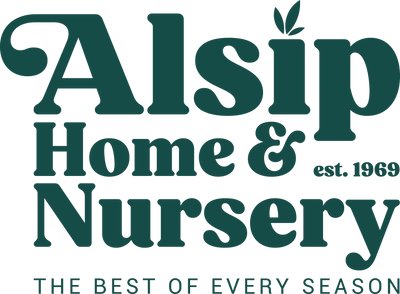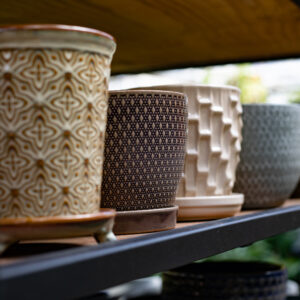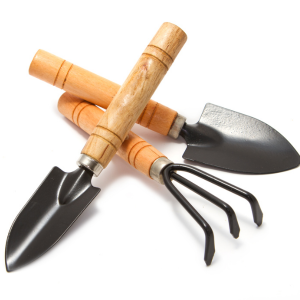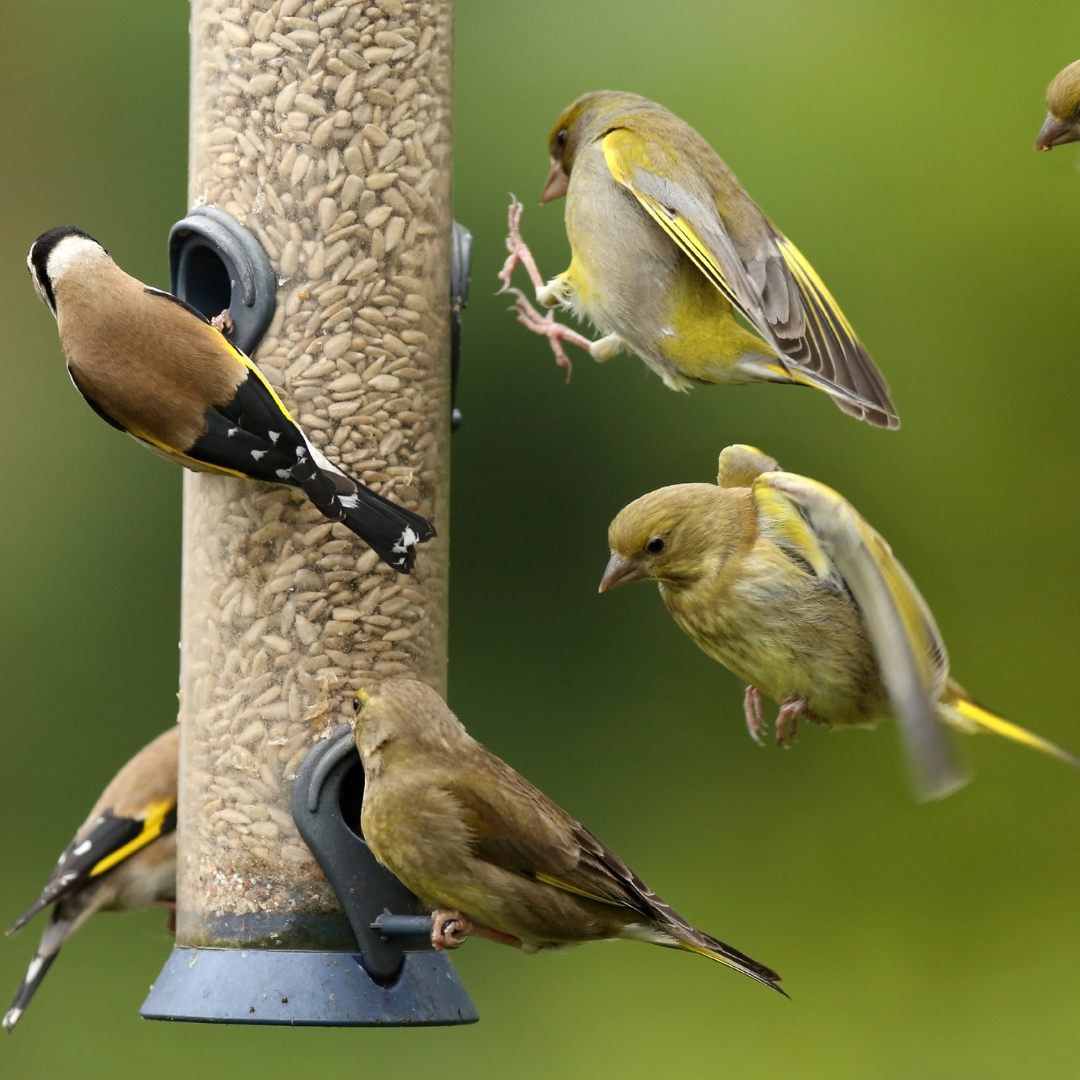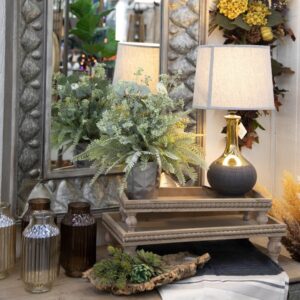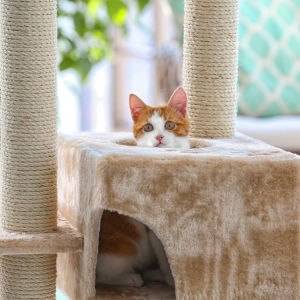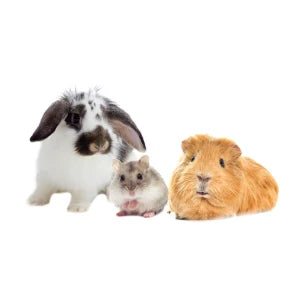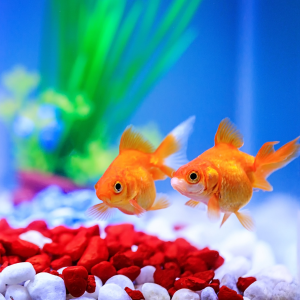How Alsip Uses Beneficial Insects & Natural Treatments to Keep Plants Healthy
When you shop at Alsip Home & Nursery, you’re not just getting beautiful plants—you’re getting plants that are cared for with natural, eco-friendly methods designed to keep them strong, healthy, and thriving. Like any garden center, we receive plants from growers all over, and many of those growers cultivate outdoors where natural pests are common. Instead of relying on harsh chemicals, Alsip takes a proactive, sustainable approach by combining natural sprays with the power of beneficial insects.
A Gentle Start: Neem Oil & Suffoil Treatments
Before new plants are introduced into the greenhouse, we treat them with neem oil and suffoils—two non-toxic solutions that naturally combat common pests. These treatments act as a first line of defense, ensuring that plants are clean, healthy, and ready to join our general population. Both neem and suffoil are safe for people, pets, and pollinators, making them the perfect foundation for our plant care routine.
Our Secret Helpers: Beneficial Insects
Once plants are settled in, we release regular batches of beneficial insects. These tiny garden allies are nature’s best pest control, and they help us maintain a balanced, healthy environment in our greenhouses. Here are a few of the hardworking species we use:
-
Predatory Mites
These microscopic arthropods hunt down and feed on spider mites, one of the most common plant-damaging pests. Think of them as tiny patrols keeping foliage clean and green. -
Lacewing Larvae (Eggs)
Often called “aphid lions,” lacewing larvae are voracious predators of soft-bodied pests like mealybugs. A single lacewing can consume hundreds of pests in its lifetime. -
Parasitic Wasps
Don’t worry—these are nothing like the stingers you may avoid in the garden. Parasitic wasps lay their eggs inside aphids, where the larvae develop and eventually emerge from the mummified host. This cycle dramatically reduces aphid populations in a natural way. -
Ladybugs
A favorite among gardeners, ladybugs are excellent at controlling aphids, whiteflies, and other pests that commonly attack pollinator plants. Not only are they highly effective, but they’re also a symbol of good luck in the garden.
These are just a few of the beneficial insects available to greenhouse growers and home gardeners. Each plays an important role in creating a healthy, balanced ecosystem.
No Need to Worry at Home
One of the best parts about beneficial insects is that they only stick around as long as there’s food. If they don’t find pests to eat, they die off naturally within a week or two. That means you don’t need to worry about bringing beneficial insects into your home when you purchase a plant from us. Their short lifespans and dependence on pests for food make them harmless once their job is done.
Why This Matters
Every garden center deals with naturally occurring pests—it’s simply part of the plant world. By combining neem and suffoil treatments with beneficial insects, Alsip Home & Nursery ensures that our plants are cared for in the most natural and sustainable way possible. This approach protects not only our plants but also the environment, helping you bring home greenery that’s truly healthy from the start.
Shop With Confidence at Alsip
We’ll be the first to admit—you may spot a pest or two in our garden center. That’s because we deal with living plants, not plastic décor. The difference is in how we respond. Unlike many big box stores, which often operate on a “pay by scan” model (meaning they only profit from what sells and don’t need to worry about the long-term health of their plants), independent garden centers like Alsip Home & Nursery take pride in caring for every plant in our greenhouse.
Our knowledgeable staff understands these issues, and we invest in safe, sustainable solutions to ensure plants are strong and thriving before they go home with you. It’s part of the reason customers trust us generation after generation—because at Alsip, we care deeply about the well-being of the plants in our care, and by extension, the success of your garden.
